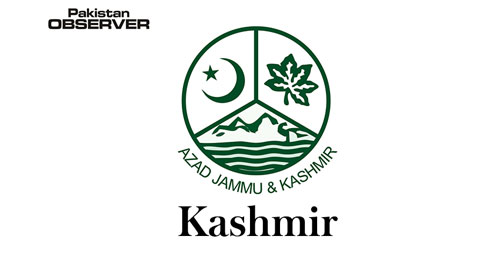NEW DELHI In an ongoing Public Interest Litigation (PIL) in the Indian Supreme Court seeking restoration of high speed internet in occupied Kashmir, a fresh application was filed to bring on record the hardships faced by the people belonging to different walks of life in the territory. The application included individual narratives of hardships faced by doctors, teachers and students, and a comparative technical analysis of functioning of websites at 2G speed and 4G speed. The PIL filed by ‘Foundation of Media Professionals’ seeks to bring on record empirical and anecdotal evidence regarding impact of speed curbs on the life of ordinary people in the occupied territory. In an affidavit dated April 14, 2020 by Ms. Revati Laul, Director of the Petitioner Society, contains individual narratives of hardships faced by doctors, teachers, students, journalists, lawyers and businesspersons in occupied Kashmir due to denial of 4G internet services. The affidavit includes, but is not limited to, accounts of doctors who have asserted that the use of 4G internet is absolutely imperative as “it can literally save lives”. Prateek Waghre, a technologist and policy researcher and expert, in an affidavit provides a theoretical comparison between 2G and 4G network speeds in the context of common tasks on the internet and a qualitative assessment of the effect that 2G can have on video streaming (broadcast) and video conferencing (interactive) applications.—KMS










